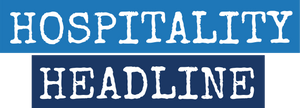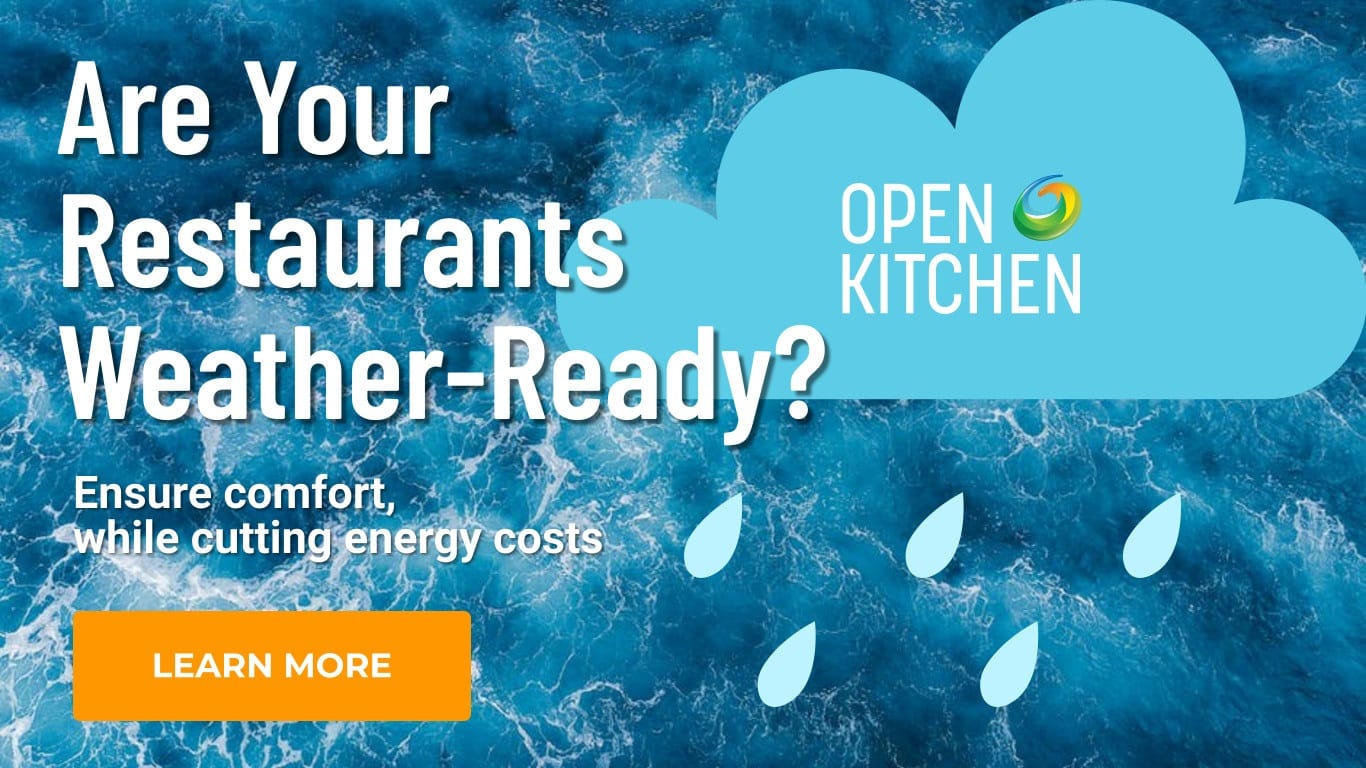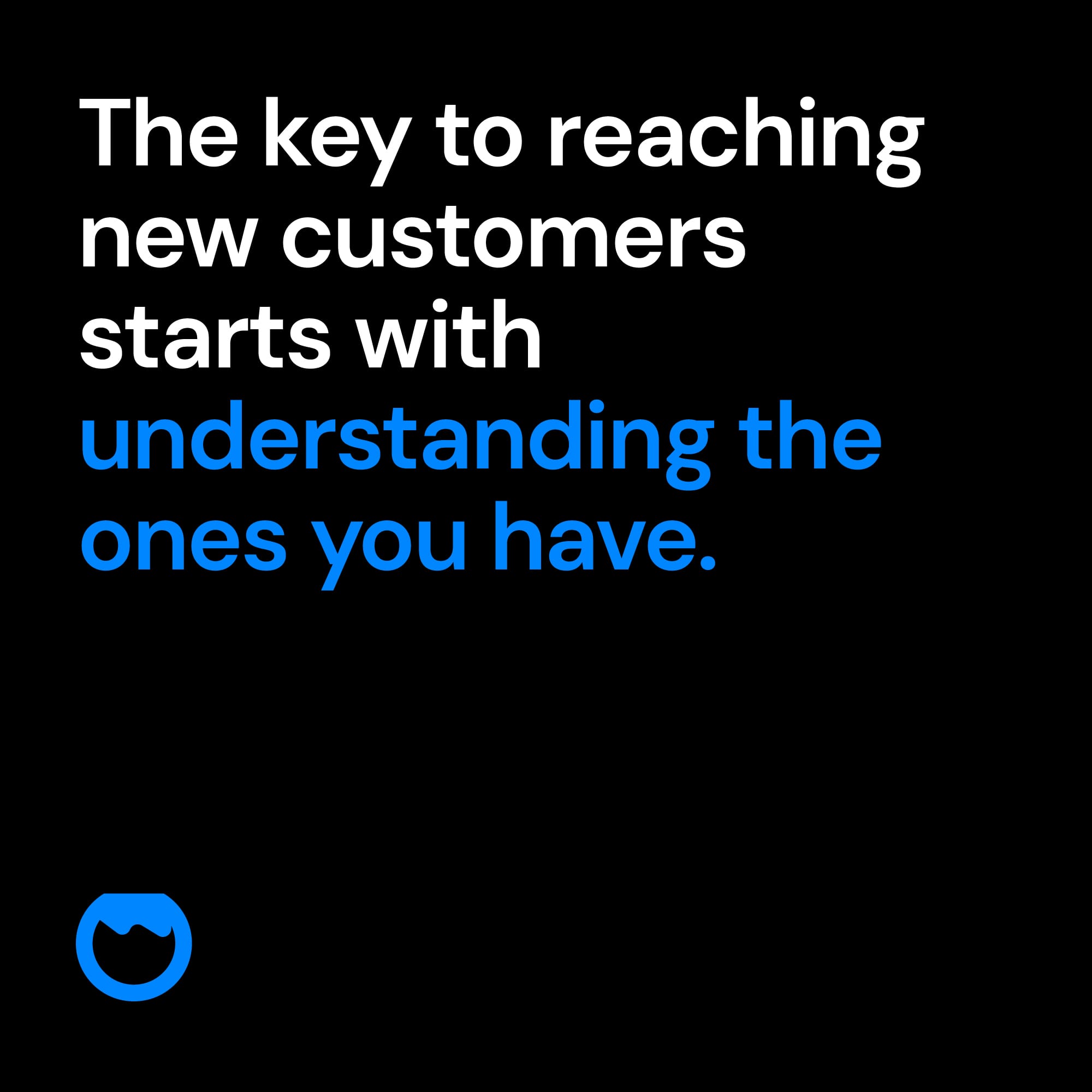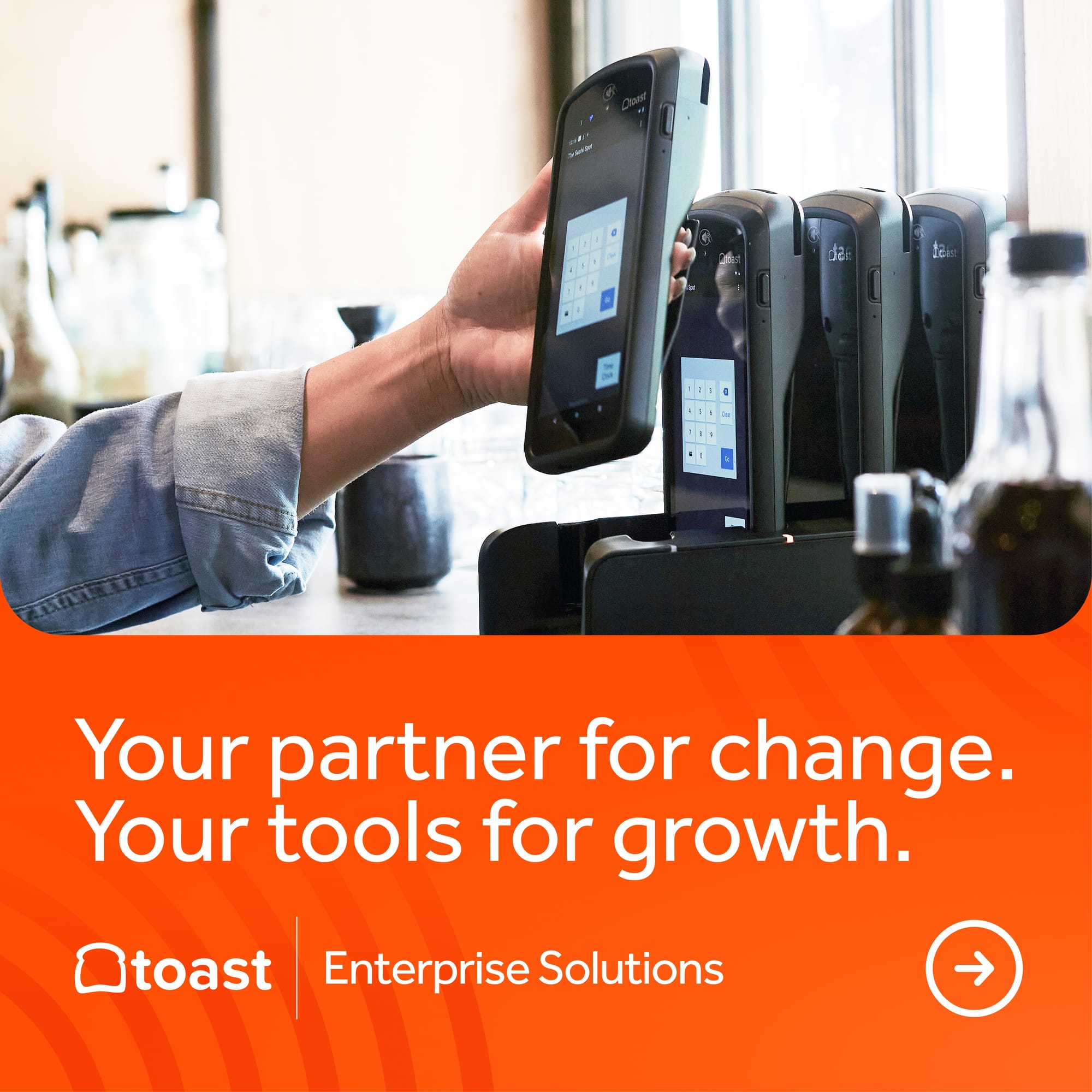Friends of Branded!
Happy Saturday and I hope you had a great week!
According to the Center for Disease Control and Prevention, as of early Friday morning, the death toll of people who consumed products tainted with listeria linked to Boar’s Head deli meats stood at 9 people. In total, 57 people have been hospitalized b/c of the outbreak that started in May.
Boar’s Head recalled millions of pounds of meat that were manufactured in a facility in Jarratt, VA.
The above numbers make this outbreak the largest of listeriosis since 2011, when 13 people from 8 states did from eating cantaloupe contaminated with listeria.
2011 was also the year that the President Barack Obama, specifically on January 4th, 2011, signed into law the Food Modernization Act (“FSMA”). FSMA gave the Food and Drug Administration (“FDA”) the authority to regulate the way food is grown, harvested, and processed. The law, granted the FDA a number of new powers, including mandatory recall authority, and required the FDA to undertake more than a dozen rulemakings and issue at least 10 guidance documents, as well as a host of reports, plans, strategies, standards, notices and other tasks.
In the spirit of my embracement of Milton Friedman’s theory around self-interest (which is to say that “self-interest is NOT myopic selfishness, it’s whatever it is that interests the participants, whatever they value, whatever goals they pursue”), it’s important to note that FSMA was prompted after reported incidents of foodborne illnesses during the first decade of the 2000s and was largely crafter by members of the Grocery Manufacturers Association. Tainted food has cost the food industry billions of dollars in recalls, lost sales, and legal expenses.

Just a little more history before we move on (and dive in).
FSMA is similar to the Food Safety Enhancement Act which passed the House in 2009. This was considered the first major piece of federal legislation addressing food safety since 1938 and the first piece to address the intentional adulteration and food defense. I’m going to pause here…and repeat that last point to emphasize that this act that passed in 2009 was the first major piece of federal legislation addressing food safety since 1938!
In 2011, the CDC estimated that each year, 48 million people get sick, 128,000 are hospitalized, and 3,000 die of foodborne diseases.
In 2011, “Rolling in the Deep,” by Adele, was the best-performing single of the year, topping the Billboard Year-End Hot 100 list. (I don’t know why I felt the need to share that, but as I was writing the above statistics about food illness and death, I felt the need to look up the song of the year from 2011).
Let’s jump forward by a little over a decade.
In November 2022, food recalls by the FDA hit a 10-year high or a more than 700% jump from 2021 to 2022. 416.9 million units were recalled in 2022. This spike is what led the FDA to create FSMA 204 Rule, also known as the FDA Food Traceability Final Rule, which requires companies to keep additional records for designated foods to protect public health, was, well, finalized. The objective of FSMA 204 is to give the FDA the ability to get ahead of recalls so it can more quickly and precisely get food out of the supply chain when an issue arises.
In 2022, “Heat Waves,” by Glass Animals was the No. 1 Billboard Hot 100 song. I figured I needed to be consistent and provide the top song on both sides of these regulatory bookends (and yes, I checked several sources to ensure “Heat Waves” by Glass Animals was in fact the #1 song in 2022 b/c I didn’t believe it either).

Now here’s the money shot and the key point for the foodservice industry to know, foodservice and hospitality businesses have until January 20th, 2026, to comply with FSMA 204.
I’ve been reading a lot about the confusion and misconceptions around FSMA 204 and in order to satisfy these regulations, a collaborative effort and conversation needs to take place. The parties that are required to engage of course include the food safety teams, but also corporate leadership teams, supply chain partners, IT departments, and more. All hands-on deck friends!
FSMA 204 requires the food companies trace all high-risk products, and this impacts farmers (50,000); manufacturers (22,000); distributors (22,000); restaurants (300,000) and groceries (154,000) (for convenience, that 548,000 companies impacted by FSMA 204).
I spent this week asking folks from across these different industry verticals how important food traceability was for their business, and if it was in fact deemed to be important, how ready, or prepared was their business to be compliant by January 2026.
The overwhelming and consistent answers I received was the driver of food traceability being the topic for this week’s Top of the Fold and specifically, an invitation for parties that would like to discuss a solution the opportunity to connect directly with Branded on this most important issue.
The Branded team likes to walk with a small stick (please disregard the fireworks we brought in at the Prosper Forum with respect to my point about our small stick), but this is a specific area where we feel our unique position at the intersection of hospitality, technology and capital and the diverse foodservice community we’re so fortunate to be part of can help drive the solution to this most important problem of food traceability.
Please reach out to us if you'd like more information and to engage.

Yes, Branded prides itself on working hard and playing hard (did you see the pictures over LinkedIn from the Prosper Forum?!?), but the trust the consumer puts on our industry is critical not only to our success, but for our solvency. The industry lacks the means to facilitate traceability compliance and realize its benefits.
At present, issues around solutions include being (i) expensive; (ii) disjointed; and (iii) inconsistent, which leaves our industry, quite simply, without one.
- Expensive: small and medium food companies can’t afford traceability solutions.
- Disjointed: solution providers aren’t sharing traceability data, which limits its value.
- Inconsistent: cold chains data is difficult to use in the absence of standards.
I’ve written often about the fragmentation of our industry and that includes a fragmented solution provider market. Food companies can’t be expected to connect with and pay multiple vendors and this puts food companies at risk of non-compliance with FSMA 204. This fragmentation also makes it difficult for vendors to serve its customers.
The company Branded has partnered with offers a triad of complementary services, forming an essential data network for the industry: (i) compliance; (ii) connectivity; and (iii) consistency.
- Compliance: free data collection and FSMA compliance for SMB food companies.
- Connectivity: secure traceability data sharing between solution providers.
- Consistency: standardized cold chain data sharing across solution providers.
The solution Branded is proposing relies on network connectivity at its core which facilitates data sharing and interoperability. Data is processed securely to ensure that companies can be compliant with FSMA 204 while preserving their IP!
One key element of the industry solution that Branded has identified and is advancing is that it provides a path for companies to utilize their existing systems to collect and share the required data with their trading partners. It goes without saying (but often things that go without saying very much need to be said), the ability for companies to utilize their existing systems is critically important b/c of the understandable resistance to changing or uprooting existing systems.
One important note here, as Branded has been digging into the issue of food traceability and the solution, the benefit of not needing to change existing systems is not an issue for many companies, b/c at present, many don’t have the systems to collect the required data in the first place.
For industry players that fall into this bucket, changes to their processes may enable them to collect the necessary data (but now I’m starting to get a little granular and I’m going to slow down).
The FDA does not provide detailed steps on training employees for compliance with FSMA 204, yet the Food Traceability Rule is considered a key piece of the New Era of Smarter Food Safety Blueprint. The FDA’s goal is to enhance traceability, which will allow the Administration the ability to respond more quickly to outbreaks and food contamination.
The objective is to build a strong food safety culture and encourage end-to-end food traceability across increasingly complex food systems. The rule and January 2026 compliance date was intended to create a strong sense of urgency among the entire food community to embrace and embed more digital tech-enabled traceability systems into the system.
Branded believes in our community and while we’re a fiercely competitive industry, food safety and adhering to these traceability regulations will require a tremendous amount of collaboration and cooperation across industry verticals.
Let’s solve this together!
It takes a village!


#1 Hospitality Podcast
Your go-to podcast for engaging conversations with hospitality's top leaders. Subscribe and never miss an episode!
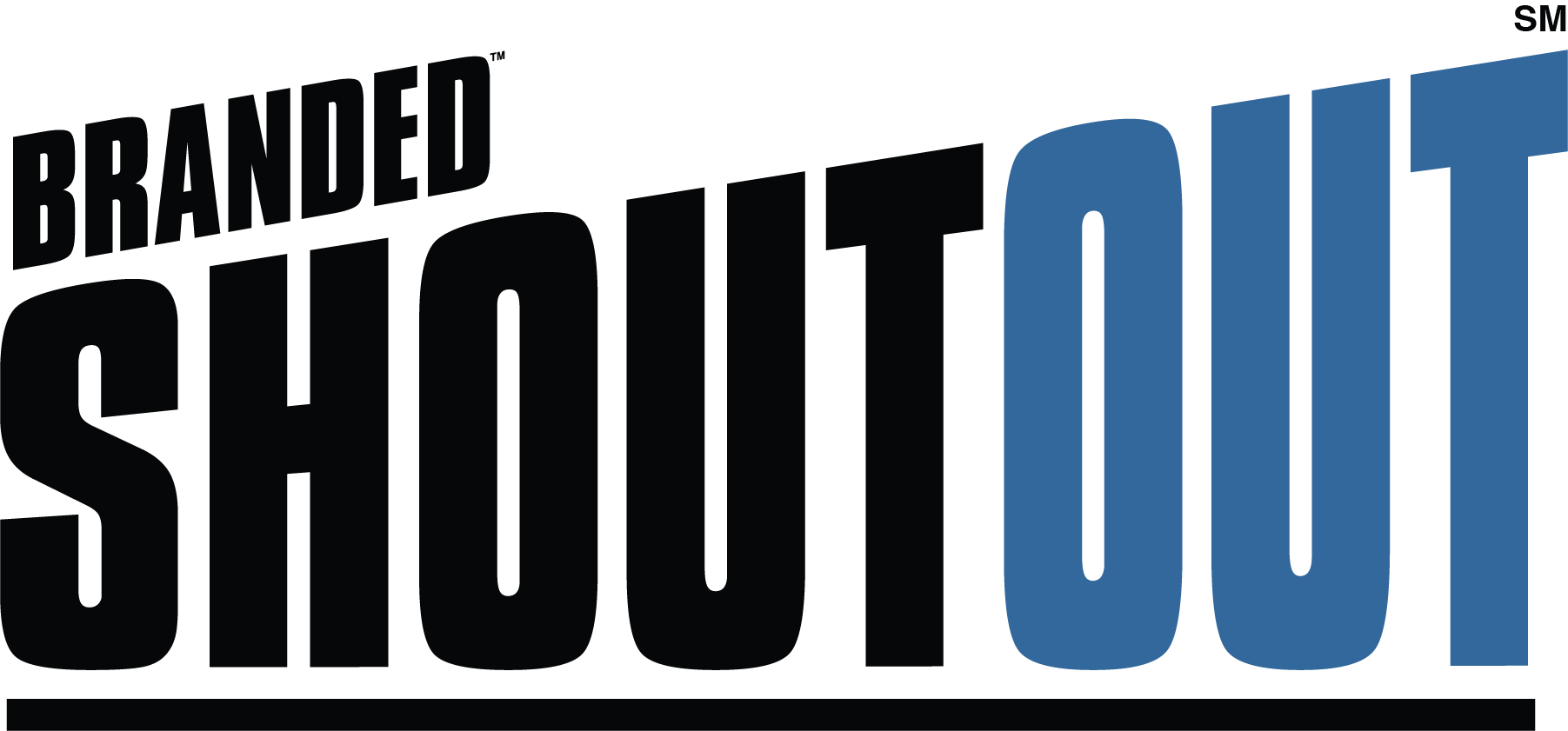
Branded continues to appreciate and applaud the work of our portfolio companies and the value they bring to the industry. This includes the thought leadership and content our partners create.
Shoutout #1 goes to our friends at Chowly and specifically a post shared by it’s Co-Founder and CEO, Sterling Douglass. It’s not lost on me that this post by Mr. Douglass is consistent with a position Branded’s holds true – that the consolidation in restaurant tech will and needs to continue. Sterling breaks the categories into 3 meaningful categories, and I found his post to be really interesting and worthy of sharing.
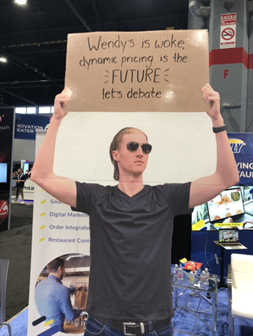
I think that Restaurant Tech Consolidation will continue. You'll see 3 categories emerge:
1. Off Premise Platform
2. POS
3. BOH Platform
📲 Off Premise Platform
This is everything outside the 4 walls of the restaurant.
It's not just delivery and pickup orders. Orders originating outside your restaurant are definitely part of it, but there's more here.
It's also every digital INTERACTION outside the 4 walls. This is digital foot traffic. And it's going to be a bigger and bigger part of the restaurant whether you like it or not.
It's not a "nice to have" anymore. It's playing a major role in whether restaurants are staying in business or not. I'm seeing it almost every day now unfortunately.
This includes listings, reviews, website, social posts, paid ads, reels, stories, emails, text, bio's in your profiles, and any other digital interaction you can think of.
As tech continues to consolidate, you will see more and more companies trying to tie all of this together. Because when you get the whole diner lifecycle in one place, you get the data you need to thrive.
🖥 POS
Yeah yeah, not the most earth-shattering take I've had that POS will be a main category of restaurant tech.
But let me add a spin on this.
POS will own everything INSIDE the 4 walls of the restaurant. Payments, KDS, Data repository for menu and orders, Kiosk, pay at table, and other interactions that occur inside the restaurant.
Point solutions will always exist, but you look at POS product roadmaps and their releases, you'll see a lot in this category of things (among the other 2 main categories as well).
📦 Back of House Platform
Everything that's needed to manage the literal operations of the restaurant is here. Food and Labor are the essentials here, but also measuring your business will live in this category.
Supply chain, group purchasing, inventory management, recruiting, staff and schedules, accounting, and things that measure the business.
Measuring and managing everything below revenue in your P&L hits here. Restaurants that have tight measurement, management, and execution of these numbers will always have a better chance of thriving than those that don't.
🌎 Imagine a world where 90% of a restaurant's tech is only split between 3 pieces of technology that all work together.
This is where restaurant tech is headed.
Of course, there will always be point solutions and some truly best-of-breed products, but those will become the exception and not the rule for next few years.
What do you think? Do you think there are different categories? Do you think POS just eats everything? Do you think consolidation won't accelerate?
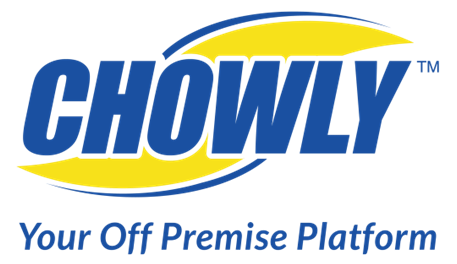
Shoutout #2 goes to our friends at Copia, and the organizers of the Prosper Forum.
The Prosper Forum has become a favorite event of Branded and that’s b/c of its incredible C-suite of attendees, its thoughtful and most relevant content, and its mission to create a better table and elevate the future of foodservice & hospitality.
At the risk of selecting one (and therefore possibly upsetting many), a favorite session at this year’s event was a discussion on food waste that took place between the CEO at Copia, Kimberly Smith and my new friend the “Good Doctor,” aka, Megan Bloomer, PhD, Vice President of Sustainability & CSR at The Cheesecake Factory.
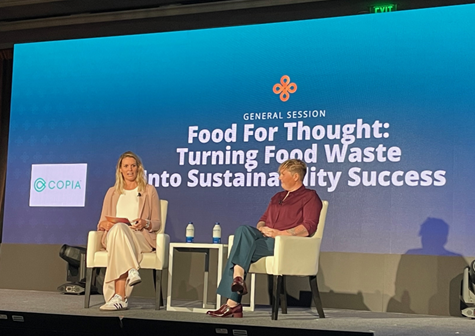
Back in 2020, The Cheesecake Factory introduced its ‘Nourish Program’ which exclusively utilizes Copia’s “zero food waste” technology platform to distribute food to those in need in the local community. According to an article from FSR, the Nourish Program replaced the company’s previous food rescue program and enabled The Cheesecake Factory restaurants to donate more than 400,000 pounds of food or twice the amount donated the previous year.
Below please find the IMPACT that’s the product of the great work and collaboration between The Cheesecake Factory and Copia.
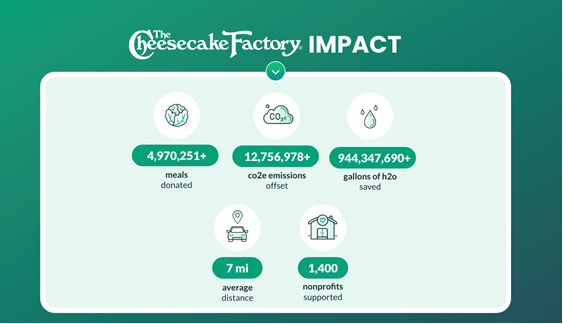
The Nourish Program leverages the Copia mobile app which allows each restaurant to donate excess food when it’s most convenient for them and each donation is matched in real time to local nonprofits that need it most. Copia’s platform makes it seamless for the restaurants and the nonprofits receiving the donation to connect and execute.
A little boast about Copia, its platform has a 99% match rate, the software will locate a good nonprofit home for a venue’s surplus and Copia’s live support team ensures everything goes off without a hitch. Operators are able to track the impact, tax savings, and compliance records from its own analytics dashboards.
The discussion between Kimberly and the Dr. Bloomer delved into the Nourish Program’s success in seeing surplus as a valuable resource, supporting the community, and protecting the environment, while also ensuring legislative compliance. There are a lot of wins in that last sentence if you’re counting (and it was 4 wins b/c I was counting and I like to keep score). 😊
While donating food and committing to helping to address hunger relief is important to The Cheesecake Factory, leveraging Copia and donating food is economically attractive for venues with food waste (and every venue has at least some food waste).
Whether you’re on the most positive side of the ledger when it comes to food waste (meaning you have little waste) or on the less than positive side of the ledger (meaning you have a greater percentage of food waste), donating food is worth 2x the food cost. It’s economic sabotage for your venue to throw away food when Copia offers operators a seamless solution.
Branded understands that foodservice and hospitality executives have a litany of issues, headwinds, priorities and challenges they must address. Rising food costs, labor costs, employee engagement & retention, and of course guest engagement and driving sales are among the many issues these executives and management teams need to address.
When Copia asked Cheesecake Factory why a donation program gets prioritized, they shared that in addition to being a values-based company and how the program fully aligns with its mission and purpose, at the end of the day, it does come down to the bottom line. Copia supports The Cheesecake Factory’s values, mission and purpose, it also delivers value to its bottom line!


Branded invites readers of the H^2 that are interested in learning more about our portfolio companies, and investment strategies to become part of our Access Hospitality Network.
Branded's current focus continues to be on our favorite QSR partner, Big Chicken and our favorite FSR partner, LDV Hospitality.
This week, I'll also include Craveworthy Brands as key part of Branded's current focus. This emerging multi-unit & multi-brand company goes beyond being a restaurant company and touches so many parts of the hospitality ecosystem, that we're busting with excitement about our partnership with Craveworthy!
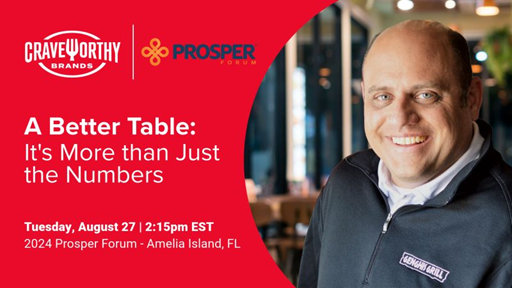
We also loved Gregg’s session down at Prosper for his candor, directness and love of the industry and the people that make it so special.
You’re a good man Mr. Majewski and the Branded Team is thrilled to be working with you, your team and to be on this journey with Craveworthy!
There will be more to come next week as we'll be adding a B2B SaaS company to our arsenal of work along with these amazing restaurants companies we have the privilege of being involved with.
For avoidance of any doubt, if you're curious about the focus of this B2B SaaS company, did you read the Top of the Fold? 😊
You want to learn more? Join the Network!
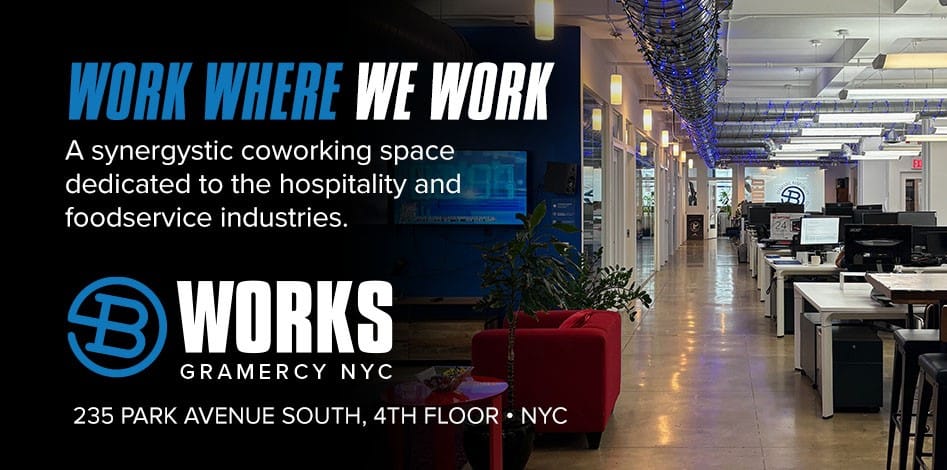
NYC Co-working Space
Seeking a premier co-working space in the heart of Gramercy, NYC? B Works fosters a community centered on strategic relationships, synergies, and innovative solutions. Elevate your growth—become a member today!
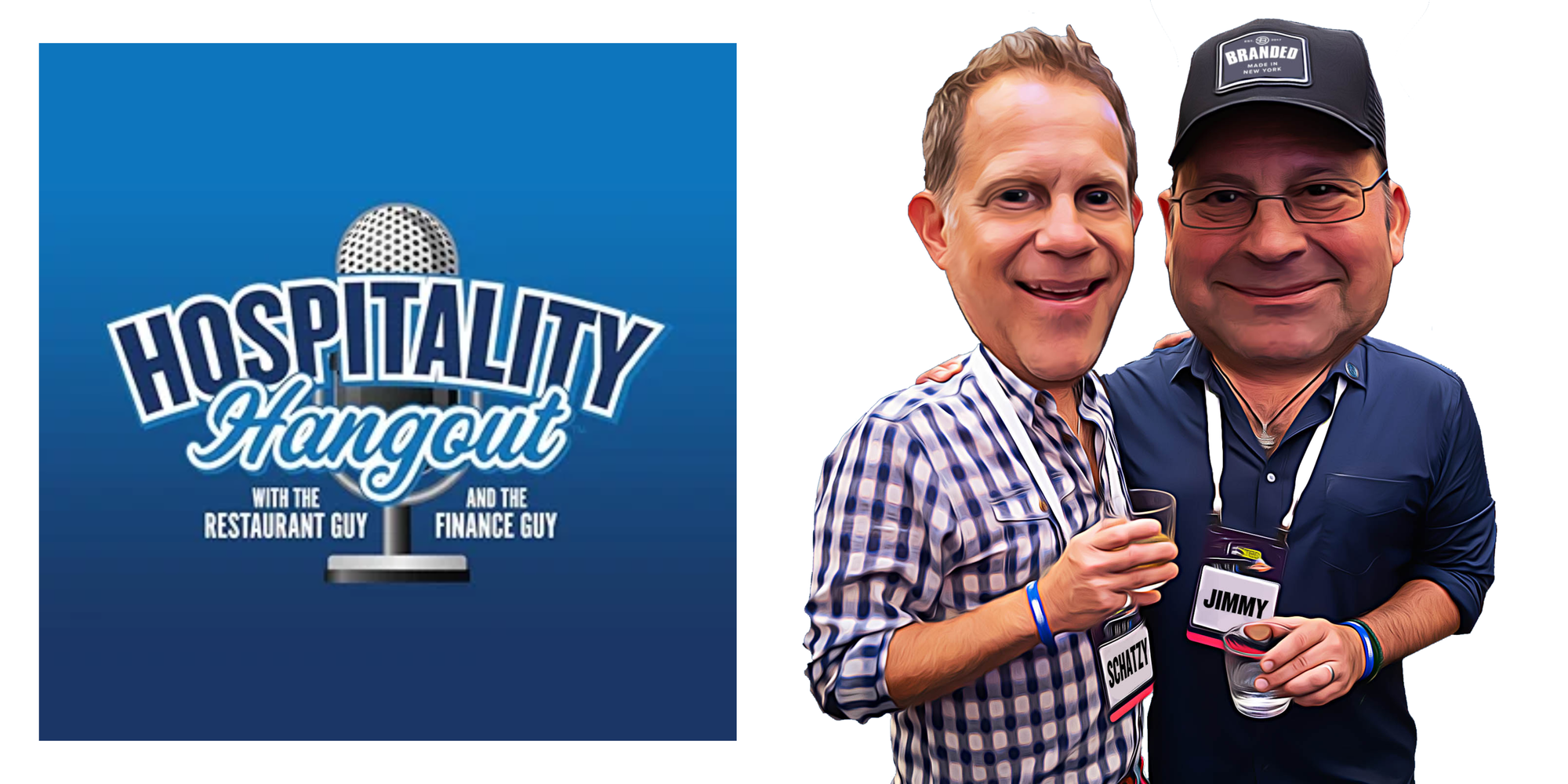
New Release:
Get ready for a Summer REWIND episode of Hospitality Hangout! Join Michael Schatzberg, “The Restaurant Guy,” and Jimmy Frischling, “The Finance Guy,” as they chat with Perry Miele, President and CEO of Nestlé, who has dedicated 30 years to the company with an unwavering passion for the food industry. Highlights of his tenure include the push for “Making More Possible,” embracing robotics, and leveraging AI to enhance both traffic and profitability. Nestlé’s innovations, inspired by the challenges of the COVID pandemic, have been pivotal in shaping the future of food service. In breaking news, Perry has announced his retirement after three decades at Nestlé but plans to remain active in the hospitality industry. Don’t miss this episode—your next favorite podcast is just a play button away!
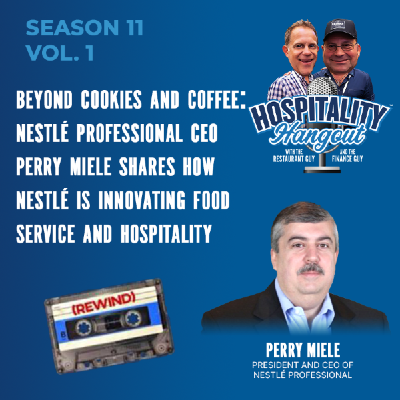
Tune into the episode and subscribe to our channel here: Hospitality Hangout REWIND Episode with Perry Miele
Re-Run of the Week:
Ben Leventhal, the visionary behind Blackbird Labs, has revolutionized restaurant loyalty with his latest venture, blending cryptocurrency and dining rewards. Known for founding Eater and Resy, Leventhal’s new app uses crypto tokens to reward loyal customers, aiming to support struggling restaurants and keep dining culture vibrant.
We had the incredible opportunity to host Ben Leventhal on our podcast Hospitality Hangout Podcast, where he shared his groundbreaking ideas and insights into the future of restaurant loyalty programs. This episode is packed with fascinating details about how Blackbird Labs is set to transform the way we dine out and interact with our favorite restaurants. Don’t miss this exclusive conversation with one of the most influential figures in the hospitality industry!

Tune into the episode and subscribe to our channel here: Hospitality Hangout Featuring Ben Leventhal
You can tune in on:
Spotify: Click Here
Apple Podcasts: Click Here
Watch on Youtube: Click Here
Are you loving the Hospitality Hangout? Make sure to subscribe, download + leave us a review!

TECHNOLOGY
The Hidden Cost of Success: How Resource Allocation Shifts from Product Development to Services in Software Companies
By: Seth Temko, Solutions Services Partner at Branded Hospitality Ventures
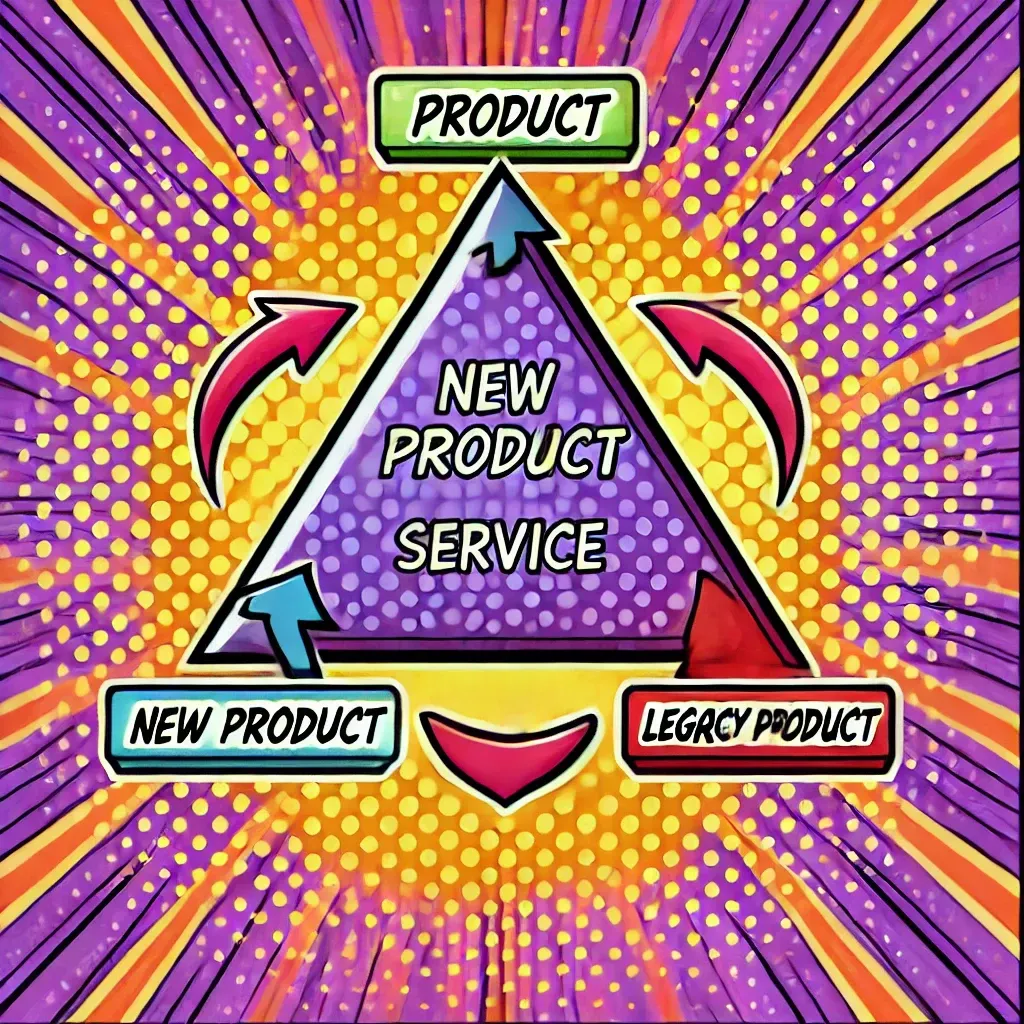
As software products mature, companies often find themselves shifting resources from innovation and development to services and support, which can impact their agility and ability to stay competitive.
MARKETING
The EASIEST Way To Evaluate Tech - A Note From Restaurants to Vendors
By: Rev Ciancio, Head of Revenue Marketing at Branded Hospitality Ventures
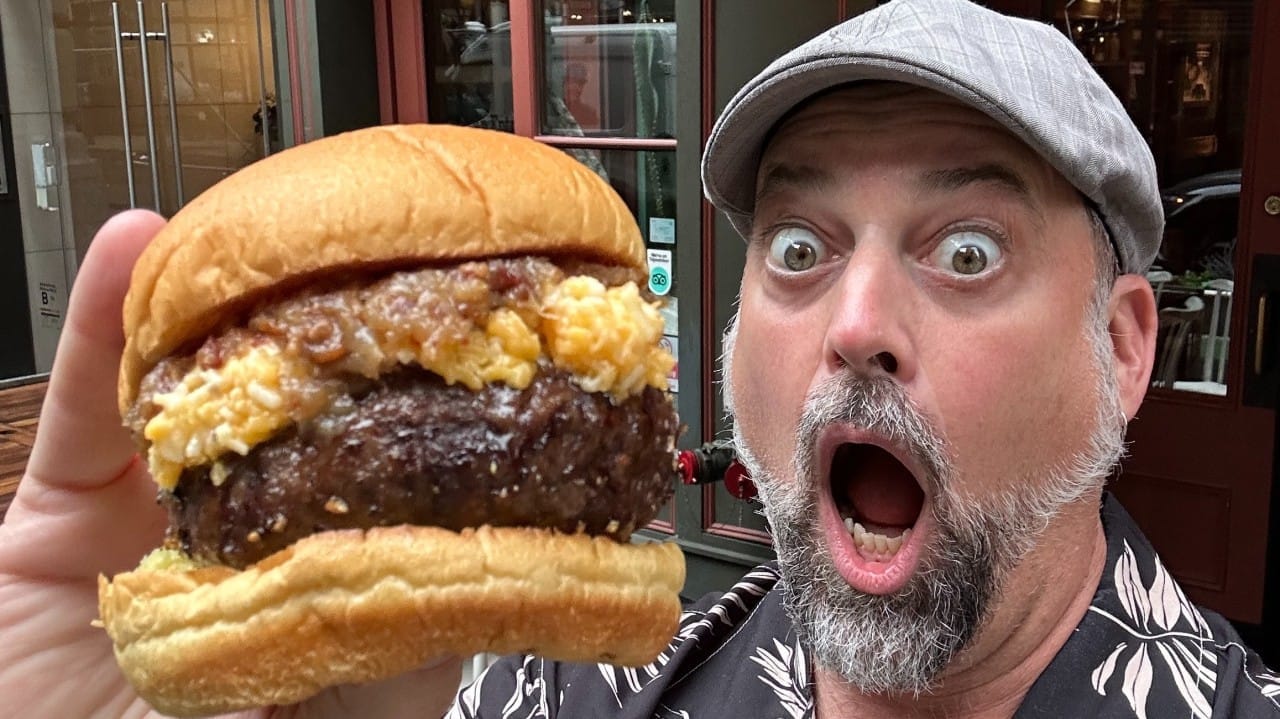
As we get around Labor Day, into the fall and trade show season, everybody is going to get back into growth mode. That includes both restaurants AND the vendors we partner with.
JOIN THE HEADLINE

Ready to showcase your ideas and insights?
Share your article with us for a chance to be featured in The Hospitality Headline!
We’re excited to spotlight diverse voices and spark meaningful discussions within our community. Submit your piece and let’s make your voice a headline!
That’s it for today!
See you next week, (about the) same bat-time, same bat-channel.
It takes a village!
Jimmy Frischling
Branded Hospitality Ventures
jimmy@brandedstrategic.com
235 Park Ave South, 4th Fl | New York, NY 10003
Branded Hospitality Ventures ("Branded") is an investment and advisory platform at the intersection of food service, technology, innovation and capital. As experienced hospitality owners and operators, Branded brings value to its portfolio companies through investment, strategic counsel, and its deep industry expertise and connections.
Learn more about Branded here: Branded At-A-Glance
